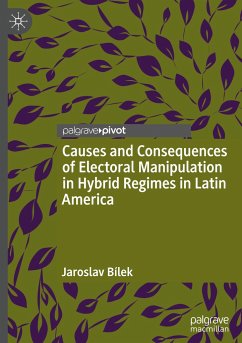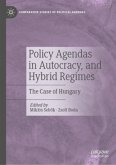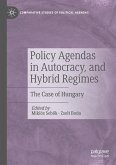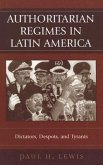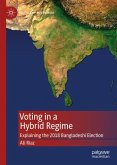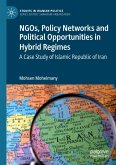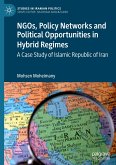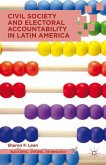This book fills research gaps in the field of Latin American electoral politics, explaining the causes and consequences of electoral manipulation in the hybrid regimes of Latin America between the 1980s and 2020s. This research falls within the field of comparative democratization with the ambition of deepening knowledge on the topic of electoral manipulation in hybrid regimes. In the last decade there has been a clear shift towards hybrid regimes in a considerable number of states (Venezuela, Bolivia, Ecuador, Nicaragua, and Honduras). The common occurrence of such regimes, often referred to by the collective term "hybrid" or "mixed", has led to a rapid expansion of empirical research. However, the current state of research in this field is unsatisfactory. Although existing scholarship tends to agree that the common feature of these regimes is the incumbents' tendency to interfere in political competition, little is known about how incumbents select between different forms of electoral manipulation and how such different forms go on to affect electoral results.
Bitte wählen Sie Ihr Anliegen aus.
Rechnungen
Retourenschein anfordern
Bestellstatus
Storno

